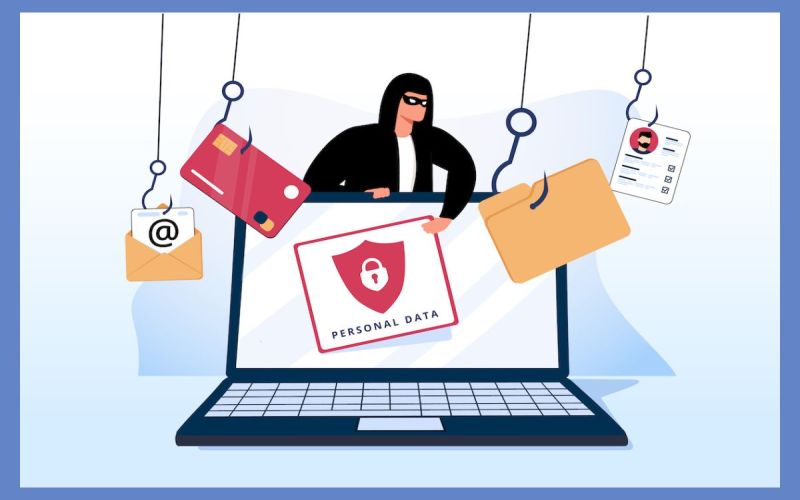
In the ever-evolving landscape of the digital world, convenience and connectivity have brought tremendous benefits to our lives. However, this progress has also given rise to a new breed of criminals who exploit the online realm for financial gain. As technology advances, so do the tactics of online scammers. In this blog, we will delve into seven of the latest highly deceptive online scams, discuss how to spot them, and provide essential tips to safeguard your hard-earned money.
1. Phishing Attacks: Phishing is a cunning attempt to trick you into divulging personal information, often through fraudulent emails or messages. These communications may appear legitimate, urging you to click on malicious links or provide sensitive data. Always scrutinize the sender's email address, look for grammatical errors, and avoid clicking on unsolicited links.
2. Investment Schemes: Fraudulent investment platforms promise quick and guaranteed returns. These scams often employ impressive websites and testimonials to lure victims. Be cautious of promises that seem too good to be true, conduct thorough research on investment opportunities, and verify the legitimacy of the platform through official regulatory channels.
3. Impersonation Scams: Scammers impersonate authoritative figures, such as government officials or bank representatives, to coerce you into sharing personal information or making payments. Always independently verify the identity of the caller or sender, and never share sensitive details over the phone or email.
4. Online Shopping Scams: These scams involve fake online stores or sellers offering enticing deals on products. After receiving payment, the scammer disappears without delivering the purchased item. Prioritize purchases from reputable websites, read reviews, and use secure payment methods.
5. Romance Scams: Online relationships can be manipulated for financial gain. Scammers build emotional connections with victims before requesting money for various fabricated reasons. Remain cautious when interacting with individuals you've met online, avoid sharing financial information, and be wary of sob stories.
6. Tech Support Scams: These scams involve fake tech support representatives who claim your device has issues and offer to fix them for a fee. Legitimate tech support won't proactively contact you, so avoid sharing remote access to your device or making payments to unsolicited callers.
7. Crypto Scams: The rise of cryptocurrencies has led to new opportunities for scammers. They may offer fake initial coin offerings (ICOs), Ponzi schemes, or promise unrealistic returns through crypto investments. Educate yourself about cryptocurrencies, verify the credibility of projects, and exercise caution when sharing personal information.
Protecting Your Money:
-
Education: Stay informed about the latest scams and techniques scammers use. Knowledge is your first line of defense.
-
Verify Contacts: Independently confirm the identity of anyone asking for personal information or money, especially over the phone or email.
-
Secure Connections: Ensure websites are secure (look for "https" and a padlock symbol) before providing any personal information.
-
Strong Passwords: Use unique, strong passwords for online accounts and enable two-factor authentication when possible.
-
Financial Awareness: Regularly monitor your financial accounts for unauthorized activity and report any suspicious transactions immediately.
-
Privacy Settings: Adjust your privacy settings on social media platforms to limit the information scammers can use against you.
-
Trust Your Instincts: If something seems too good to be true or feels off, it probably is. Trust your instincts and proceed cautiously.
Remember, scammers continuously adapt their tactics, so staying vigilant and cautious is paramount. By arming yourself with knowledge and following these safety measures, you can confidently navigate the digital world and protect your hard-earned money from deceptive online scams.
Read the original article on Economic Times for more insights.
Subscribe our monthly newsletter to know more about offers and new tips we share on how to manage your finance.















